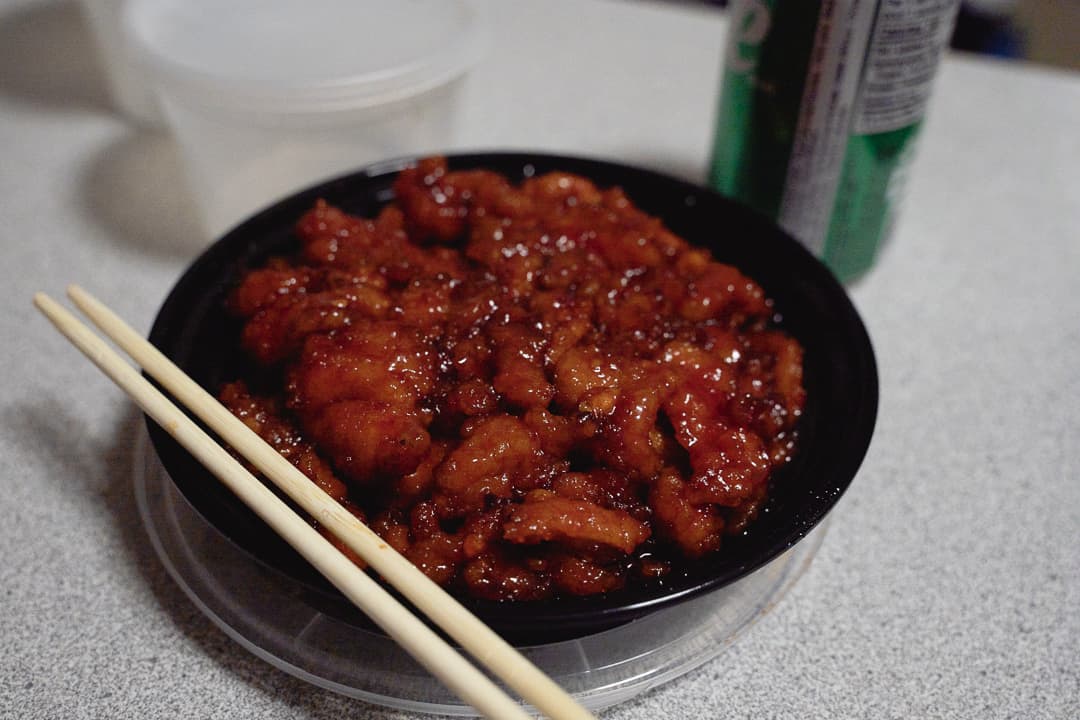I remember being in grade 10 science and discussing the dangers of the chemical called monosodium glutamate (MSG). The symptoms — including headaches, problems with digestion, and the possibility of long-term nerve damage — seemed terrifying to me at the time. I learned in this class that the MSG that Chinese restaurants put in their food was damaging our health and as such, Chinese food was to be avoided.
Since my time in high school, public perceptions surrounding the use of MSG have not changed and people still fear MSG. While it’s justifiable to fear chemicals that we don’t really understand, it is important to recognize how racist stereotypes have led to misconceptions about food.
What is MSG?
MSG is a sodium salt form of glutamic acid. The ingredient was first discovered in 1908 by University of Tokyo chemist Professor Kikunae Ikeda, who was searching for something that would deliver the sought after ‘umami’ taste. Professor Ikeda was looking for a flavour that would go beyond the basics of sweet, salty, sour, and bitter.
Glutamate exists naturally in foods like tomatoes, parmesan cheese, dried mushrooms, soy sauce, and even human breast milk. Ikeda first discovered glutamate while drinking seaweed soup. As he was drinking the soup, Ikeda wondered why dashi, the soup base, had a meaty flavour despite being vegetarian. To understand the basis of the meaty flavour, he treated and evaporated the seaweed until little crystals formed on it — thus leading to the discovery of MSG.
While Ikeda’s research marked the true beginning of MSG, it is not the story that most people know today. In 1968, the New England Journal of Medicine published a letter titled “Chinese-Restaurant Syndrome,” which detailed a series of symptoms, such as general weakness, that was allegedly caused by eating at Chinese restaurants. This letter became immensely popular and led to widespread fear of MSG being used in cuisine.
It is important to note that subsequent research on MSG revealed that large amounts of monosodium glutamate do, in fact, have some dangerous effects on mice. However, several studies have proven that MSG is not toxic in humans when consumed in controlled doses.
MSG and racism
Although subsequent scientific research has called the validity of the letter into question, its damage to East Asian communities has persisted. To this day, some people in Western societies still use the term “Chinese restaurant syndrome” to refer to the supposed danger that comes with eating Chinese food seasoned with monosodium glutamate. It’s no surprise then, that in the last few decades, Chinese restaurants have begun posting “No MSG” signs.
When examining the racism surrounding MSG and Asian cuisine, it is important to recognize how deep our ties are with our cultural foods. After all, food is an identifiable piece of every culture and holds incredibly important memories. Food is international and immensely historical. The deep connections we have to food are why we associate dumplings with China, pizza with Italy, and poutine with Canada. When we observe our cultural foods being treated as unhealthy, toxic, and dirty, it can make us feel ashamed of our culture.
When I look back at my experience in grade 10 science, I can’t help but wonder why I was given such biased and misinformed information about Chinese cuisine. The information I received about MSG was biased, sensationalist, and downright racist. This makes me wonder how much of the information we receive from research and the media is biased. Furthermore, I wonder how this biased information affects the way we interact with other cultures.
Take MSG for instance. Although MSG naturally occurs in several foods and is used in non-Chinese packaged foods like Doritos and frozen meals, many people still have a stigma against both MSG and Chinese cuisine. While this is not to say that Doritos are the healthiest food option, it does demonstrate how the fear of MSG has manifested into a fear of Asian food.
Overall, it is important to make informed decisions about food before you let racist stereotypes perpetuate your stigma against certain cuisines.
Jasmin Akbari is a third-year industrial relations and human resources, digital humanities, and writing & rhetoric student at Woodsworth College.


